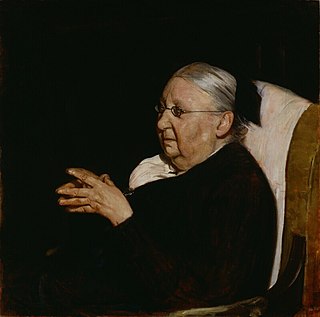A Quote by Noam Chomsky
The very properties of the human mind that provide an enormous scope for human genius in some domains will serve as barriers to progress in other domains, just as the properties that enable each child to acquire a complex and highly articulated human language block the acquisition of other imaginable linguistic systems.
Related Quotes
In studying language we can discover many basic properties of this cognitive structure, its organization, and also the genetic predispositions that provide the foundation for its development. So in this respect, linguistics, first of all, tries to characterize a major feature of human cognitive organization. And second, I think it may provide a suggestive model for the study of other cognitive systems. And the collection of these systems is one aspect of human nature.
I think the most important work that is going on has to do with the search for very general and abstract features of what is sometimes called universal grammar: general properties of language that reflect a kind of biological necessity rather than logical necessity; that is, properties of language that are not logically necessary for such a system but which are essential invariant properties of human language and are known without learning. We know these properties but we don't learn them. We simply use our knowledge of these properties as the basis for learning.
For any exam in history, here is the answer: all human history is the struggle between systems that attempt to shackle the human personality in the name of some intangible good on the one hand and systems that enable and expand the scope of human personality in the pursuit of extremely tangible aims. The American system is the most successful in the world because it harmonizes best with the aims and longings of human personality while allowing the best protection to other personalities.
Attempts are found in domains of human performance, such as sports, games, artistic domains, professional domains like medicine and the law, and so on. These feature distinctive aims, and corresponding competences. Archery, with its distinctive arrows and targets, divides into subdomains. Thus, competitive archery differs importantly from archery hunting.
All my desires are born of my dreams. And I have proven my love with words. To what fantastic creatures have I entrusted myself, in what dolorous and ravishing world has my imagination enclosed me? I am sure of having been loved in the most mysterious of domains, my own. The language of my love does not belong to human language, my human body does not touch the flesh of my love. My amorous imagination has always been constant and high enough so that nothing could attempt to convince me of error.

































